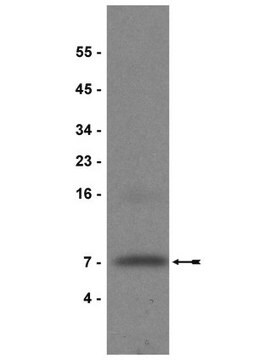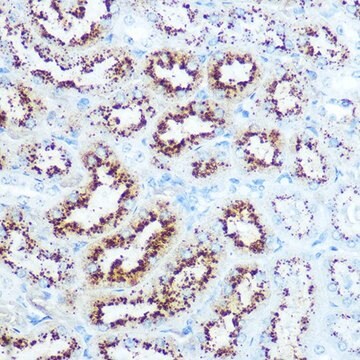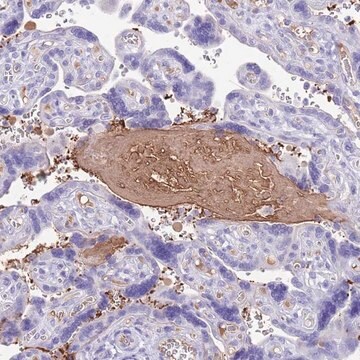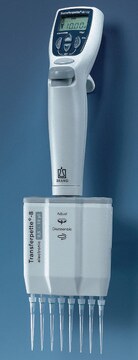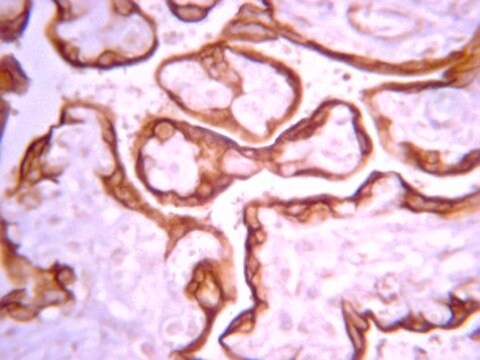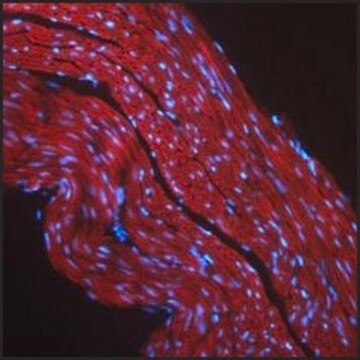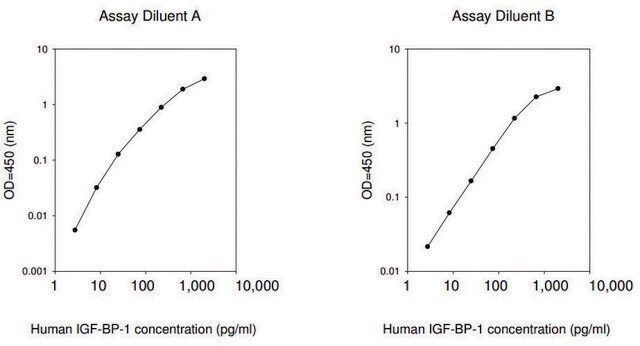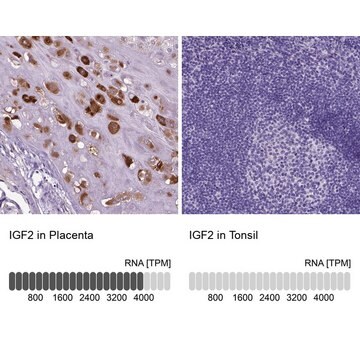SAB3600001
Anti-IGF-1 antibody produced in goat
affinity isolated antibody, lyophilized powder
Sinónimos:
Anti-Insulin-like Growth Factor-I
About This Item
Productos recomendados
origen biológico
goat
Nivel de calidad
conjugado
unconjugated
forma del anticuerpo
affinity isolated antibody
tipo de anticuerpo
primary antibodies
formulario
lyophilized powder
reactividad de especies
human
técnicas
immunocytochemistry: 5-15 μg/mL
immunohistochemistry (formalin-fixed, paraffin-embedded sections): suitable
western blot: 0.1-0.2 μg/mL
aplicaciones
research pathology
temp. de almacenamiento
−20°C
Información sobre el gen
human ... IGF1(3479)
Descripción general
Inmunógeno
Aplicación
Acciones bioquímicas o fisiológicas
Forma física
Cláusula de descargo de responsabilidad
¿No encuentra el producto adecuado?
Pruebe nuestro Herramienta de selección de productos.
Código de clase de almacenamiento
13 - Non Combustible Solids
Clase de riesgo para el agua (WGK)
WGK 1
Punto de inflamabilidad (°F)
Not applicable
Punto de inflamabilidad (°C)
Not applicable
Certificados de análisis (COA)
Busque Certificados de análisis (COA) introduciendo el número de lote del producto. Los números de lote se encuentran en la etiqueta del producto después de las palabras «Lot» o «Batch»
¿Ya tiene este producto?
Encuentre la documentación para los productos que ha comprado recientemente en la Biblioteca de documentos.
Nuestro equipo de científicos tiene experiencia en todas las áreas de investigación: Ciencias de la vida, Ciencia de los materiales, Síntesis química, Cromatografía, Analítica y muchas otras.
Póngase en contacto con el Servicio técnico
